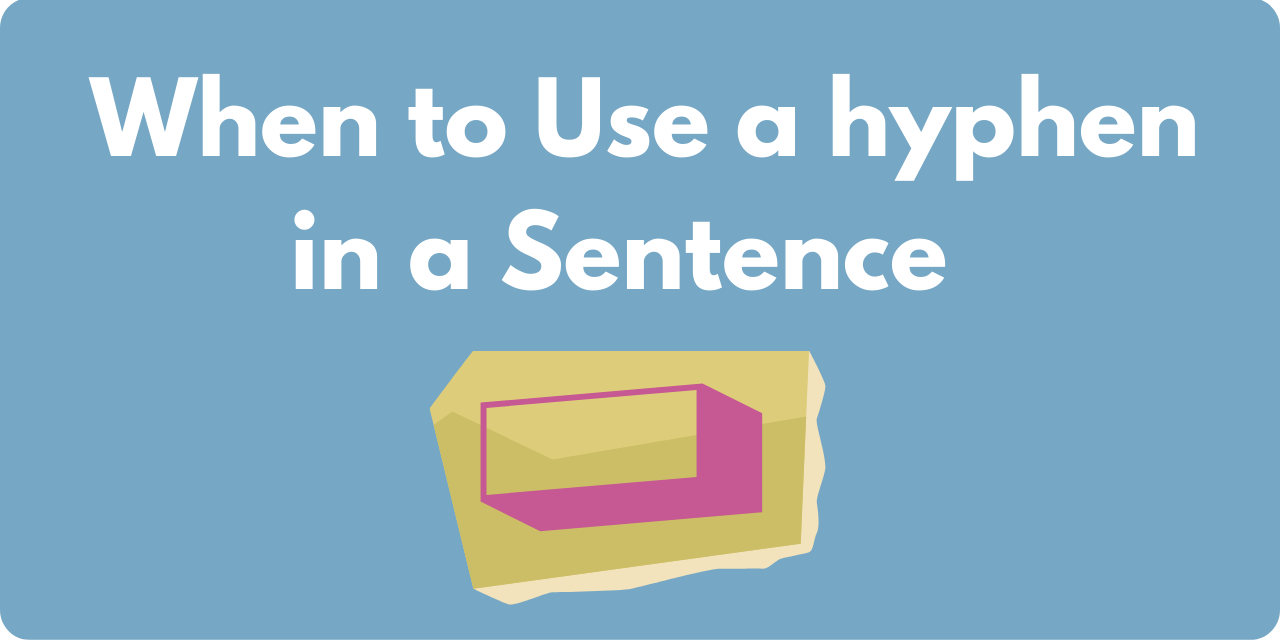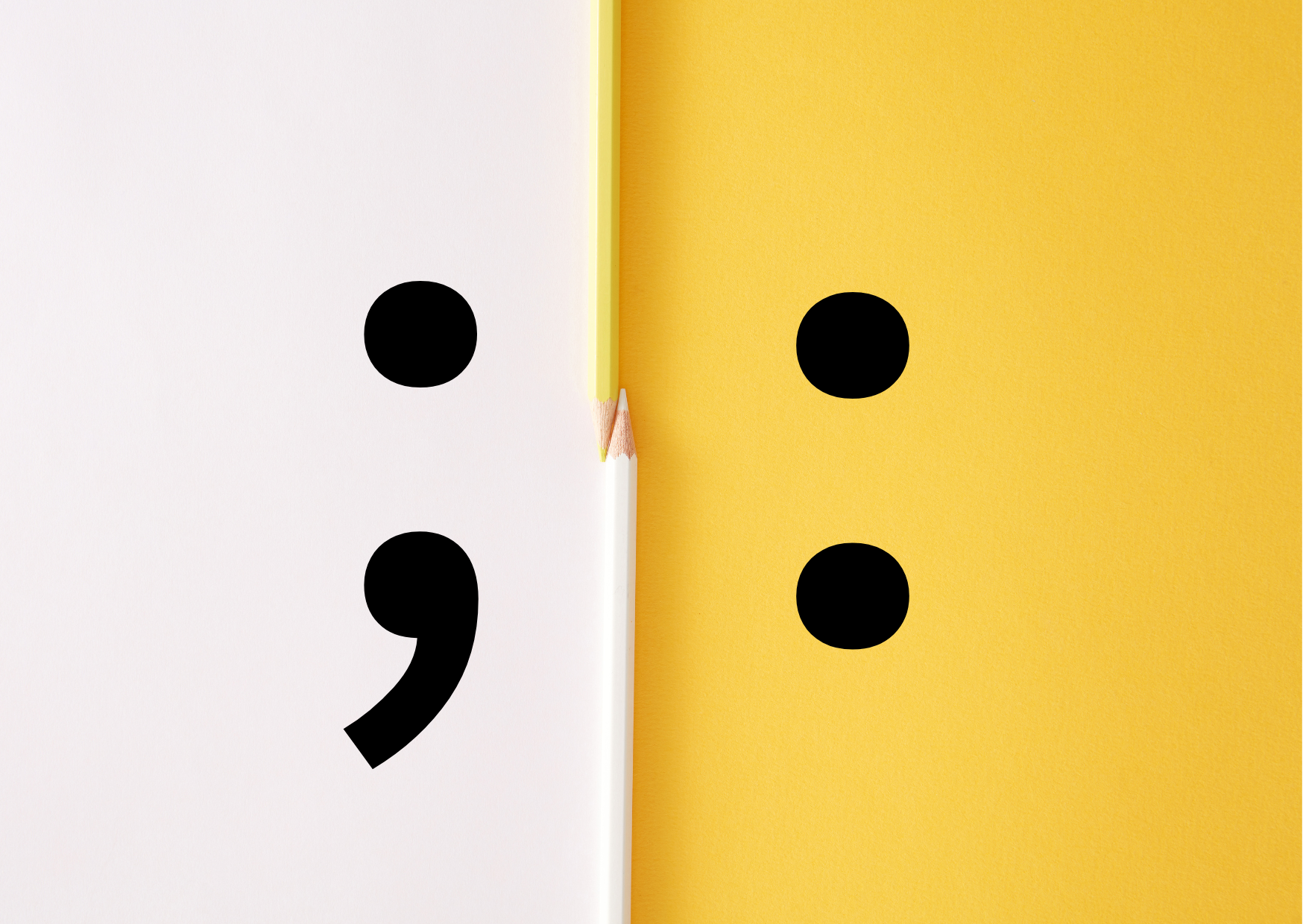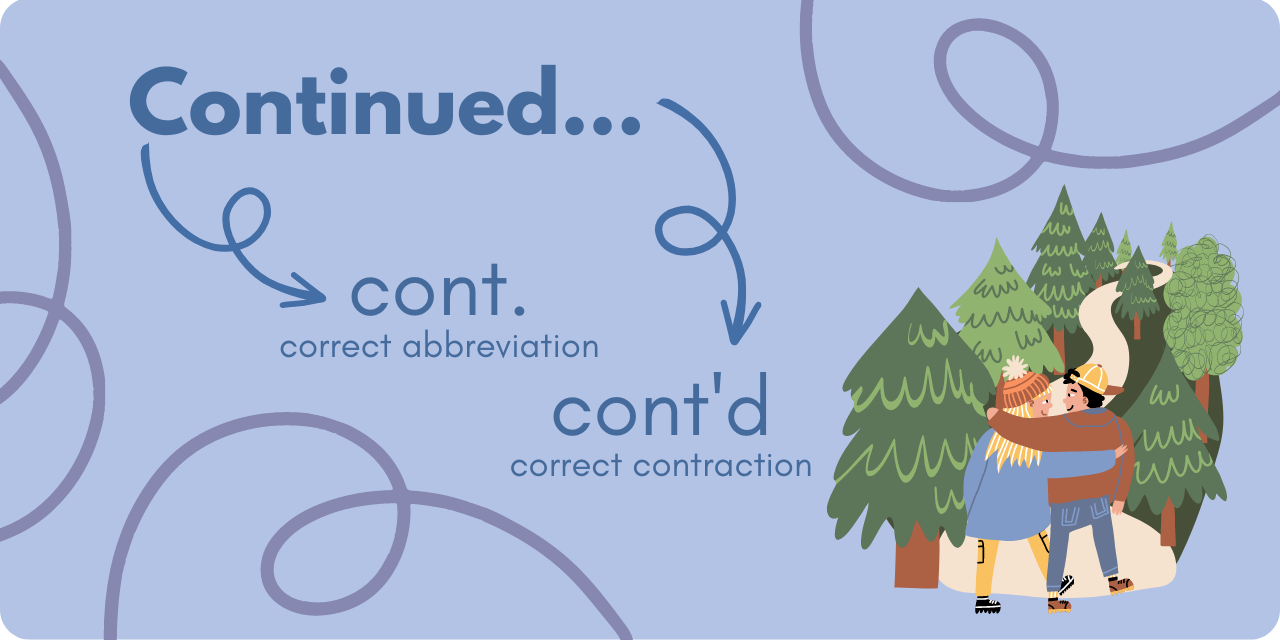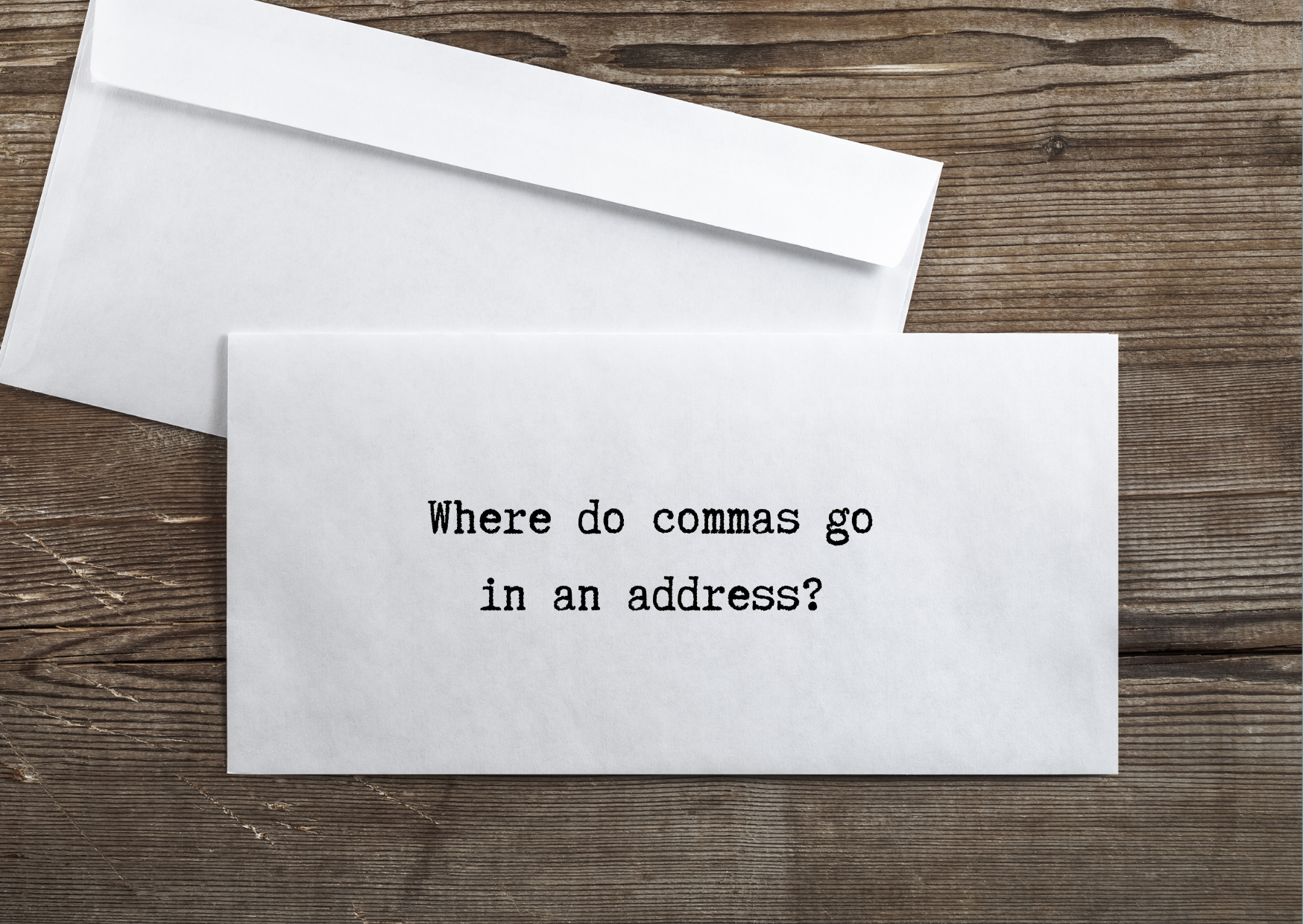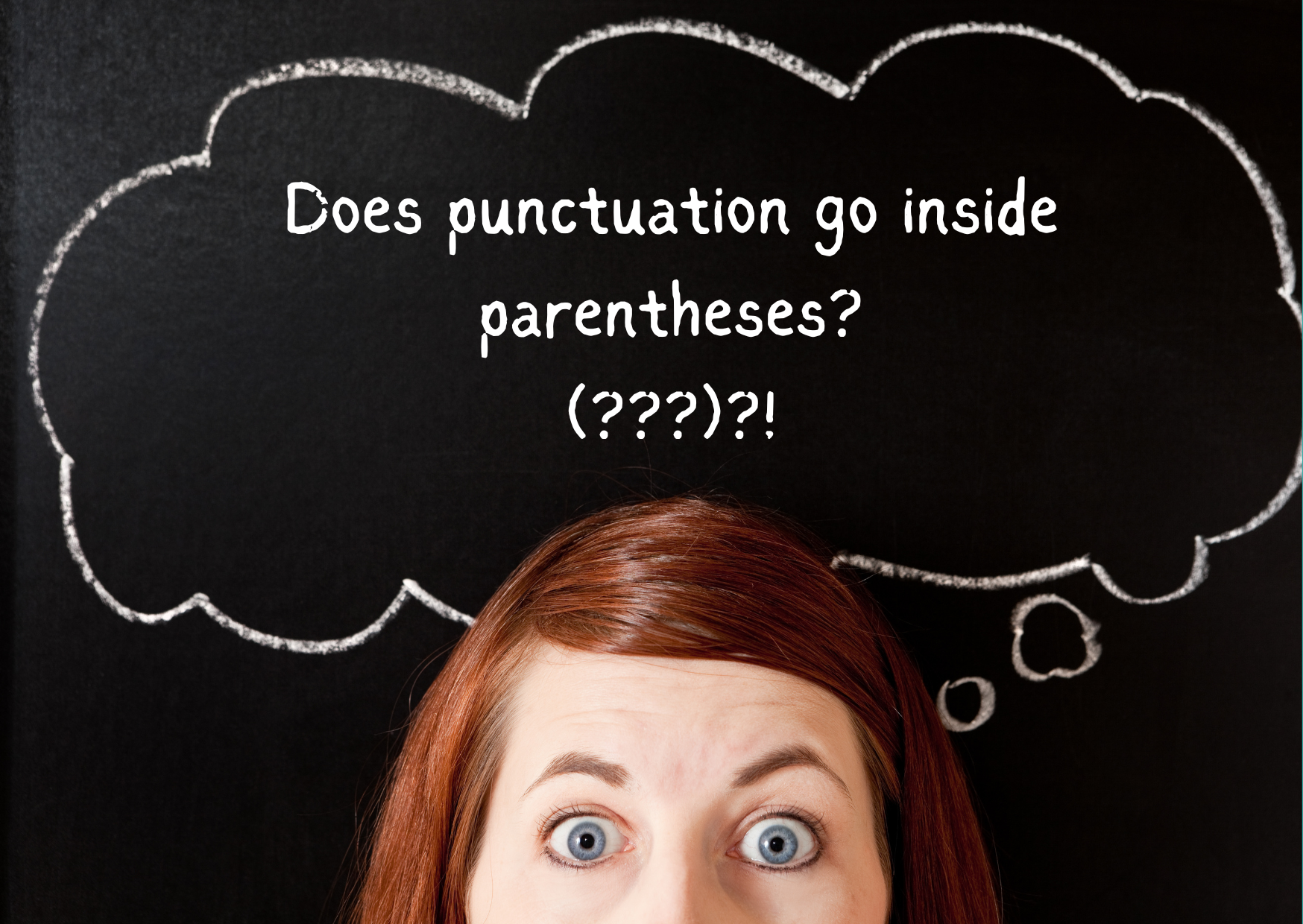Last week in a Better Business Writing class, Bryan asked where to use parentheses. He worried he was using them too often. I explained that parentheses are perfect when you need to enclose extra information that would otherwise break the flow of the sentence.
But he pressed me: What kind of information would break the flow of the sentence?
Good question! To respond, I searched my computer for documents I had edited or written in the past week. Of the 19 documents, 15 contained parentheses.
As you read these examples from my files, slightly modified, think about whether you would use parentheses or another kind of punctuation to set off the information. Or would you do something different?
- Ask the group or the meeting facilitator whether to record (write) the information.
- Forward the meeting notes to the meeting leader (if there is one) for approval before they are distributed.
- Contact Sally Hand (206-555-5555, shand@ourcompany.com) to sign up for a shift.
- Meeting purpose: To plan actions for converting our conference room (H-4) into a workspace for special-project employees.
- The other half of the funds will be split between Friends of the Orphans (www.friendsoftheorphans.org) and Partners in Health (www.pih.org), both active in Haiti for years.
- Rule: Do not use myself unless it refers to an I used earlier in the sentence. (Example: I talked to the client myself.)
- Good is used to describe things and people (nouns and pronouns), but well is used to describe actions (verbs).
- As the adjuster assigned to your Personal Injury Protection (PIP) claim, I am writing to explain the details of your PIP coverage.
- Attendees: Ernie Edwards (facilitator), Carla Gomes, David Hershey, Rashid Mahmood, Nathan Plumb, and Lee Reed (notetaker).
- Top 12 Pet Peeves (Worst Practices) in Business Writing
Despite their being out of context, I think the examples illustrate how parentheses can hold information that would have interrupted sentence flow or distracted the reader.
Do you agree? What would you have told Bryan?
Lynn
Syntax Training (my company)

